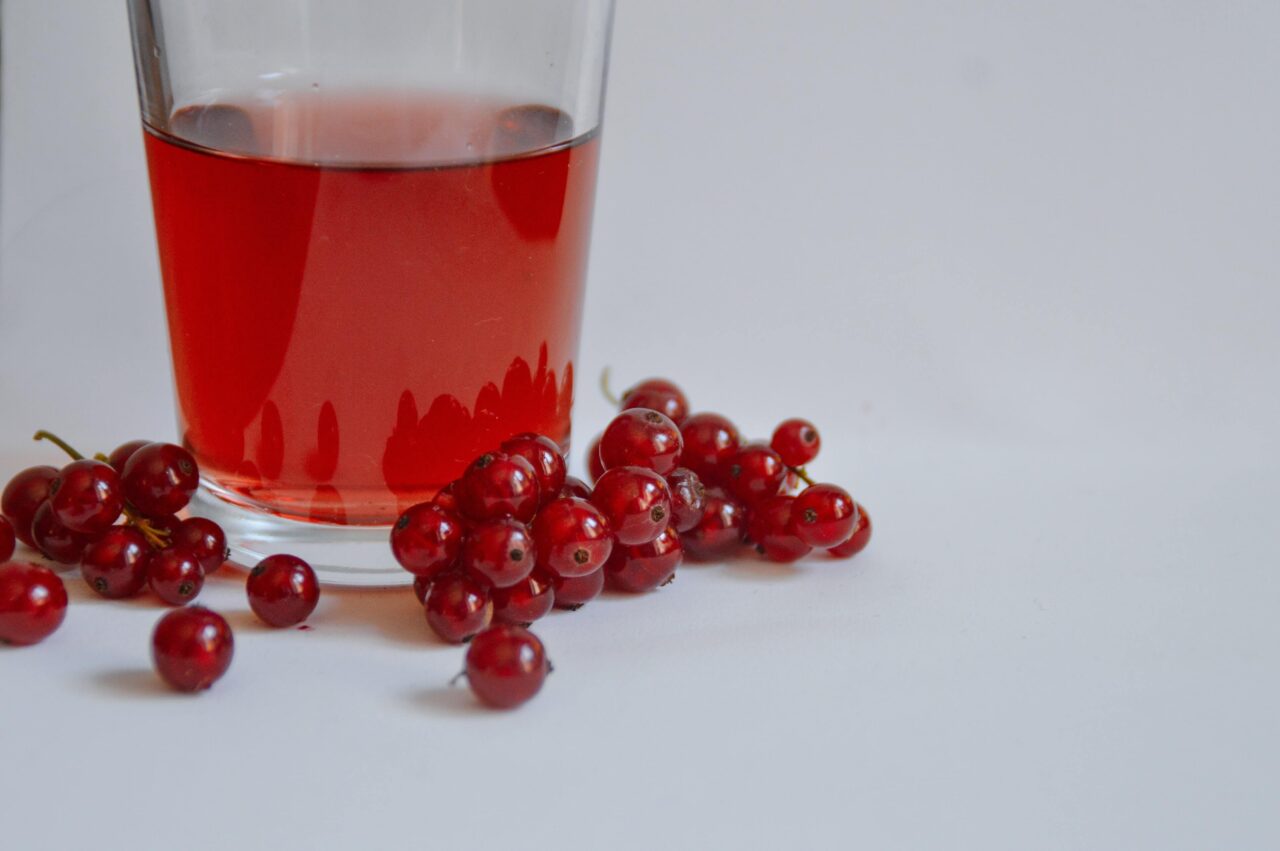UTIs and cranberry juice
Many claim that cranberry juice is the “all-in-one” cure for urinary tract infections (UTIs), but is any of this based on fact? Cranberries have actually been used for hundreds of years to treat medical illnesses and infections. Native Americans have been using them to treat bladder and kidney infections, including UTIs, for centuries.
The pilgrims named it the “Cranberry” due to its blossom resembling a crane and used its leaves to fight liver ailments, swollen glands, and mumps. They even would wrap their wounds with cranberry leaves to speed up the healing process.
Even though cranberry has been used as an ancient remedy, there doesn’t seem to be solid evidence linked to miracle cures. Nutritionally speaking, cranberry juice is packed with Vitamin C and fiber and are very acidic. It is believed that when the acid from the cranberry combines with urine, bacteria, such as E. Coli, are not able to grow and flourish. In certain cases, scientists have found that cranberries can stop bacteria from attaching to the walls of the bladder. This could aid in preventing infection, but there has been no conclusion that it actually kills the bacteria within the urinary tract.
There is a theory that cranberries contain an antioxidant that prevents bacteria from sticking to not only the side of the bladder but all other parts of the urinary tract. These antioxidants within the cranberry morph the bacteria, making it unable to attach itself and cause an infection.
There have been mixed studies when proving that cranberry juice reduces UTIs
One study concentrated on a group of women who have already had a history of UTIs. Out of those women, 20% reported that drinking 1.7 ounces of cranberry-lingonberry juice every day for 6 months had successfully lowered their risk of having a UTI.
In another study involving elderly adults (who ingested cranberry products), they were found to be half as likely to have white blood cells and bacteria in their urine, which are symptoms of a UTI.
Cranberries do not seem to react the same way with everyone. There is person-to-person variation (age, gender, diet, etc.). Also, cranberries are acidic and are not for people who suffer from acid reflux. Cranberry juice also contains sodium that can crystallize and turn into kidney stones. (So don’t overdo it on the juice!)
In conclusion, no medical organizations recommend cranberry juice as a way of preventing UTIs simply because there is not enough evidence. Talk to your urologist to find out more information about the cranberry and how it can help you.




























